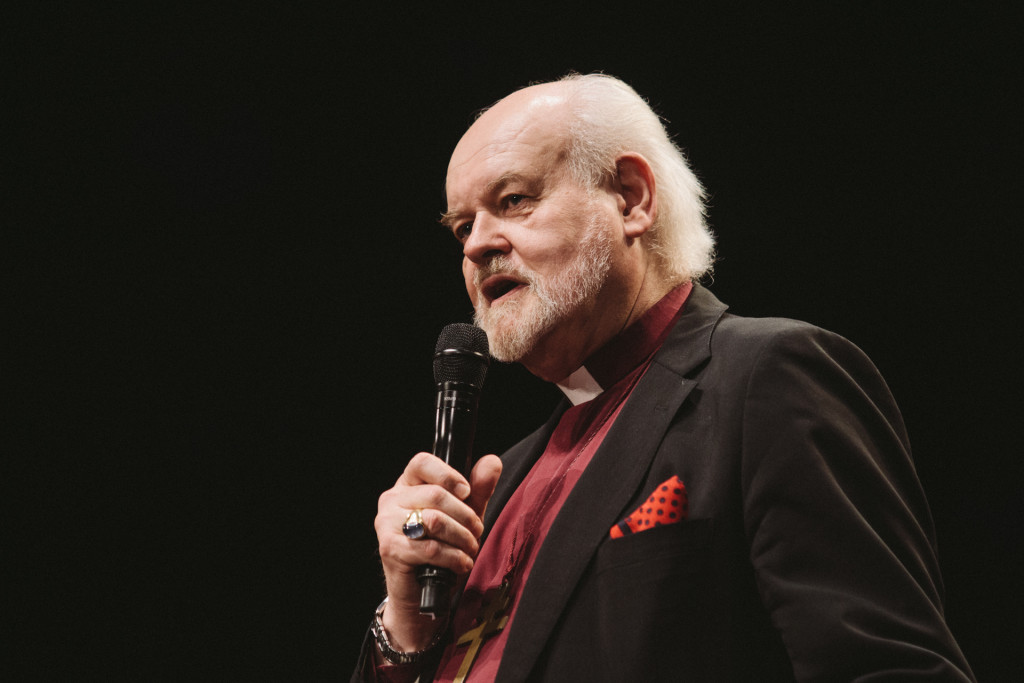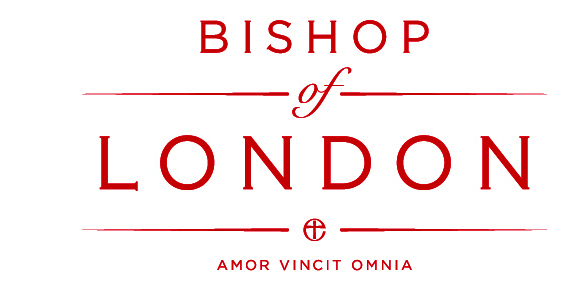
Inclusive identity and the English story
The Bishop has delivered a speech at a Mansion House dinner hosted by the Lord Mayor of London, in which he touched on the issue of identity and articulating a more inclusive version of the English story.
His comments have been reported in the Daily Telegraph and you can read the extract from his speech below:
My Lord Mayor, you have alluded to your theme for the year- “Innovate here, succeed everywhere”. The world is changing around us. Unchallengeable Western hegemony is being replaced by a more genuinely multi-polar world and the City of London is one of the places where the reality and the challenges of this shift are most obvious.
One of the applications of your principle must be to establish in these islands a new sense of inclusive identity which could be of service to a world in which religions and cultures are accessible to one another in a way unprecedented in history. It is of course right to insist on universal abstract principles like tolerance and the rule of law but abstract universal principles do not evoke the love and the energy which generate creative communities.
Communities are made by stories which translate principles into flesh and blood and give us characters like your grandfather Admiral Edward Evans, the Antarctic explorer whom we can admire and emulate. Followers of Jesus Christ must be tolerant not because we believe so little about God but because we believe so much in God who gave his life for the sake of his enemies.
Our country ceased to be a confessional state in 1828 with abolition of the Test and Corporation Act. Thereafter there has been a free market in religious ideas while the public space has been held open for voices of faith. It is one of the glories of the City of London that the first Jew to sit in the House of Commons was one of the members for the City of London. Since that time the Church of England has grown more and more conscious of its responsibility towards the many faith communities represented here tonight and our common concern for the health of the whole community.
But we also have a role in articulating a more inclusive version of the English story. Scotland, Ireland and Wales have in recent years very properly recovered a sense of their own special identity. If there is no comparable development and celebration of the English story in which a creative effort is made to weave new strands into the national narrative then the field will be left empty for the xenophobic and the terminally nostalgic.
